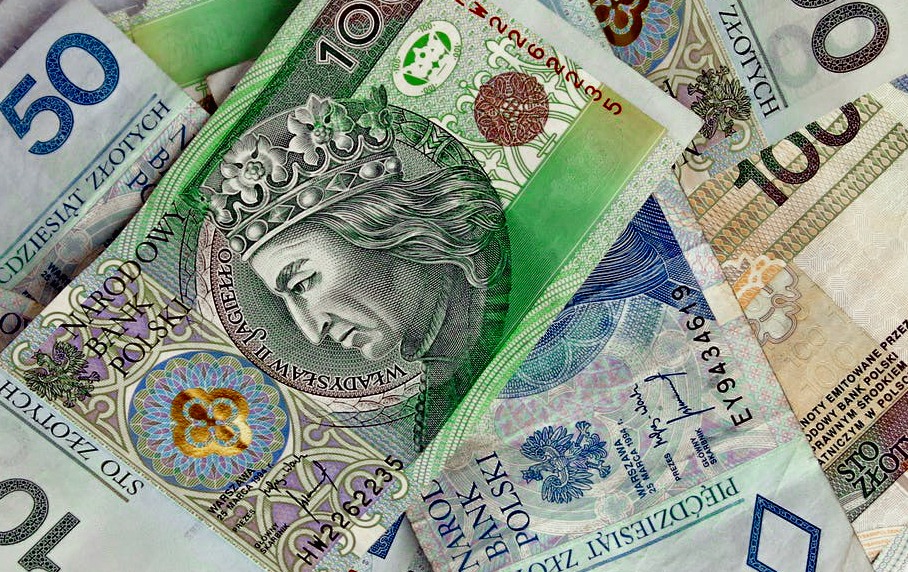Inflation is a major topic in Poland, but without the “Putin effect,” inflation would be 6 to 7 percent lower in the country, according to a Pekao SA Bank analyst.
Statistics Poland (GUS) recently reported that inflation in Poland reached 11 percent in March, year to year, reaching its highest increase in the past 21 years.
The main analyst of the Bank Pekao SA, Ernest Pytlarczyk, is of the opinion that “inflation will be the number one topic” for a longer time because it is not easy to reduce. He said that in his assessment the government’s anti-inflation shields lowered the inflation by 3 percentage points, but “it is a purely mechanical effect.”
“Meanwhile multiple factors are beyond the control of Polish monetary policy. We called it ‘the Putinflation,’ a striking name, but it is justified substantively because what is affecting the Polish and European economy is geopolitics,” said Pytlarczyk.
[pp id=33353]
The expert evaluated that “first it was Russian blackmail and gas crisis, then the war broke out. The consequences are increased prices of gas and fuels, artificial fertilizers, that translated into food prices now, even though fertilizers used this season are the most expensive ones.”
Pytlarczyk added that without the “Putin’s effect,” inflation would be 6 to 7 percent lower and that it is caused by internal and external factors, such as the rise of fuel prices due to increasing global demand.
Prices of consumer goods and services in Poland increased by 11 percent in 2022 compared to 2021, with prices of goods increasing by 11.6 percent and services by 9.1 percent. Related to the previous month, the prices of goods and services increased by 3.3 percent, which includes increased prices of goods by 4.1 percent and services by 0.8 percent.
A considerable increase in costs was recorded in the category of maintenance of apartments, houses and energy prices, seeing an increase of 17.7 percent yearly. Fuel prices also have a large impact on inflation, and they increased by 35.5 percent.






